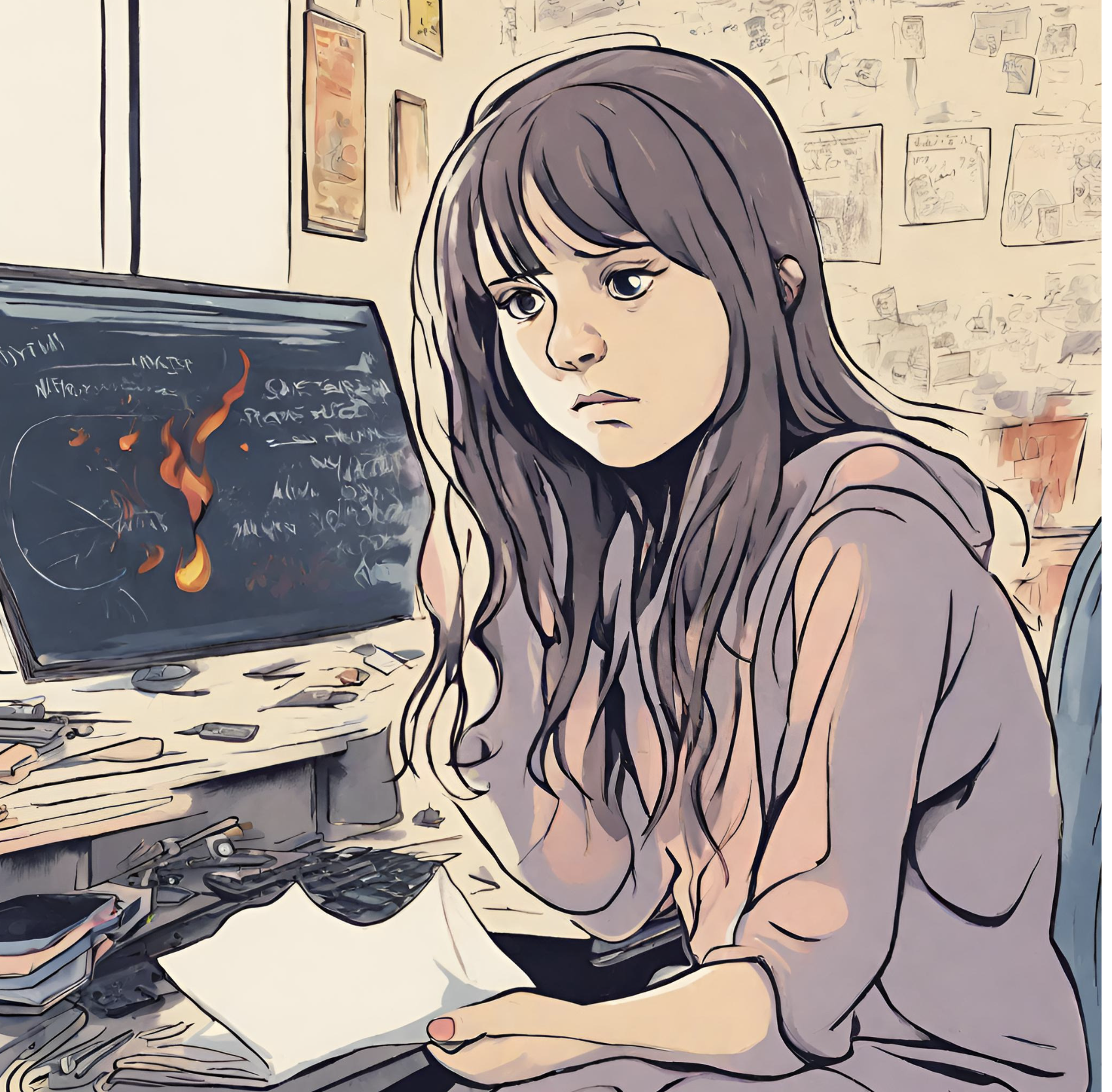For many individuals on the autism spectrum, the world can feel like a sensory overload, a constant barrage of stimuli requiring constant processing. While this unique neurology comes with its own strengths, it also carries the risk of autistic burnout, a state of profound physical, emotional, and mental exhaustion. Understanding this phenomenon and exploring strategies for recovery, including coaching, can be crucial for individuals experiencing autistic burnout, as well as their loved ones.
What is Autistic Burnout?
Autistic burnout isn’t simply feeling tired or stressed. It’s a complex and distinct experience often triggered by prolonged exposure to overwhelming environments and demands that exceed an individual’s capacity to cope. Unlike typical burnout, which is often work-related, autistic burnout can stem from various factors, including:
- Sensory overload: Constant exposure to bright lights, loud noises, or overwhelming social interactions can deplete energy reserves.
- Social challenges: Difficulty with social cues, communication, and navigating social situations can be emotionally draining.
- Rigid routines and transitions: Unexpected changes or disruptions to routines can be highly stressful for individuals with autism.
- Camouflaging: Masking autistic traits to fit in can lead to emotional and mental exhaustion.
Recognising the Signs
Autistic burnout can manifest in various ways, and it’s important to remember that the experience can be unique to each individual. Some common signs of autistic burnout include:
- Emotional exhaustion: Feeling constantly drained and emotionally numb.
- Increased anxiety and depression: Feeling overwhelmed, hopeless, and losing interest in activities previously enjoyed.
- Loss of motivation: Difficulty completing tasks and a general lack of energy to engage in daily activities.
- Changes in sleep patterns: Difficulty sleeping or sleeping excessively.
- Sensory sensitivities: Increased sensitivity to sights, sounds, smells, tastes, or textures.
- Social withdrawal: Desire to isolate oneself from others, even loved ones.
- Cognitive difficulties: Difficulty concentrating, remembering things, or making decisions.

Recovery Strategies
Autistic burnout requires a multifaceted approach to recovery. Here are some strategies that can be beneficial:
- Prioritise rest and self-care: Ensure adequate sleep, relaxation activities, and engage in activities that bring joy and calmness. Special interests are a great way to decompress and anchor oneself.
- Reduce sensory overload: Identify and minimise triggers that contribute to sensory overload. This might include wearing noise-cancelling headphones, utilising calming spaces in the home, or reducing screen time.
- Establish healthy routines: Create predictable and consistent routines to provide structure and reduce the stress of unexpected changes.
- Seek professional support: Consider therapies like Cognitive Behavioural Therapy (CBT) to develop coping mechanisms and manage stress.
- Explore coaching: A coach specialising in autistic needs can provide tailored guidance and support towards managing autistic burnout and navigating daily life challenges.
The Role of Coaching in Recovery
Coaching can be a valuable tool in the journey towards recovering from autistic burnout. Here’s how:
- Personalised support: Unlike one-size-fits-all approaches, coaching provides personalised guidance and support tailored to the individual’s specific needs and experiences.
- Building self-awareness: Coaching can help individuals with autism understand their triggers, strengths, and limitations, empowering them to manage their energy and make informed choices.
- Developing coping mechanisms: A coach can help individuals develop practical skills to navigate stressful situations, manage sensory overload, and improve communication and social interactions.
- Goal setting and achieving: Coaching provides support in setting realistic goals and developing strategies to achieve them, fostering a sense of accomplishment and motivation.
- Advocacy and support: A coach can act as an advocate, helping individuals navigate interactions with healthcare professionals, educational institutions, or employers to ensure their needs are understood and supported.

Finding the Right Coach
Finding a qualified and experienced coach specialising in autism and burnout is crucial. Here are some tips:
- Seek recommendations: Look at reviews online, or ask therapists, psychiatrists, or other professionals you trust for recommendations for coaches specialising in autism.
- Research and interview coaches: Explore the qualifications, experience, and approach of potential coaches before making a decision. Coaches should offer free discovery calls to allow for you to get to know one another and to allow you to ask any questions.
- Consider your specific needs: Look for a coach who has experience working with autistic individuals experiencing burnout similar to yours.
- Utilises a collaborative and strength-based approach: Look for a coach who works with your diagnosis, and not against it, harnessing your strengths to overcome your challenges.
- Offers a safe and supportive environment to explore your experiences: Coaches should work with you at your level, in a non-judgemental and supportive manner.
Conclusion
Autistic burnout is a real and challenging experience. However, by understanding the signs, exploring various recovery strategies, and seeking professional support, individuals with autism can develop the necessary tools to overcome the burnout and reach a place of renewed energy and wellbeing. Remember, you are not alone in this journey, and with support and self-compassion, you can weather the storm and find your calm.
Additional Resources
- The National Autistic Society: https://www.autism.org.uk
- The Autistic Self Advocacy Network: https://autisticadvocacy.org/
- Autism Awareness Australia: https://www.autismawareness.com.au/
- Aspire Aspergers Victoria: https://aspergersvic.org.au/
- Autism CRC: https://www.autismcrc.com.au/

Be the first to comment